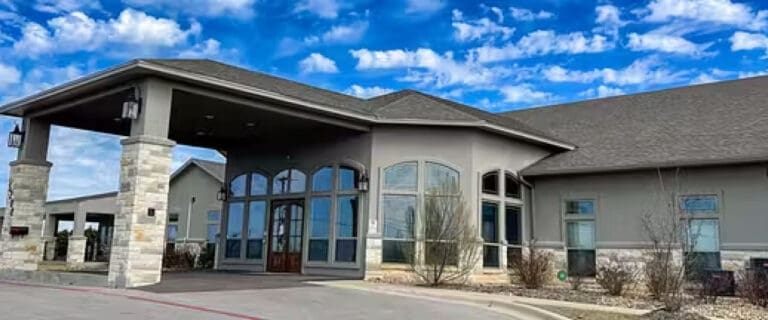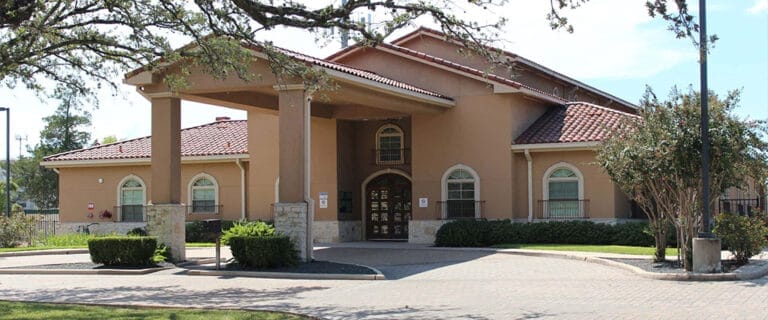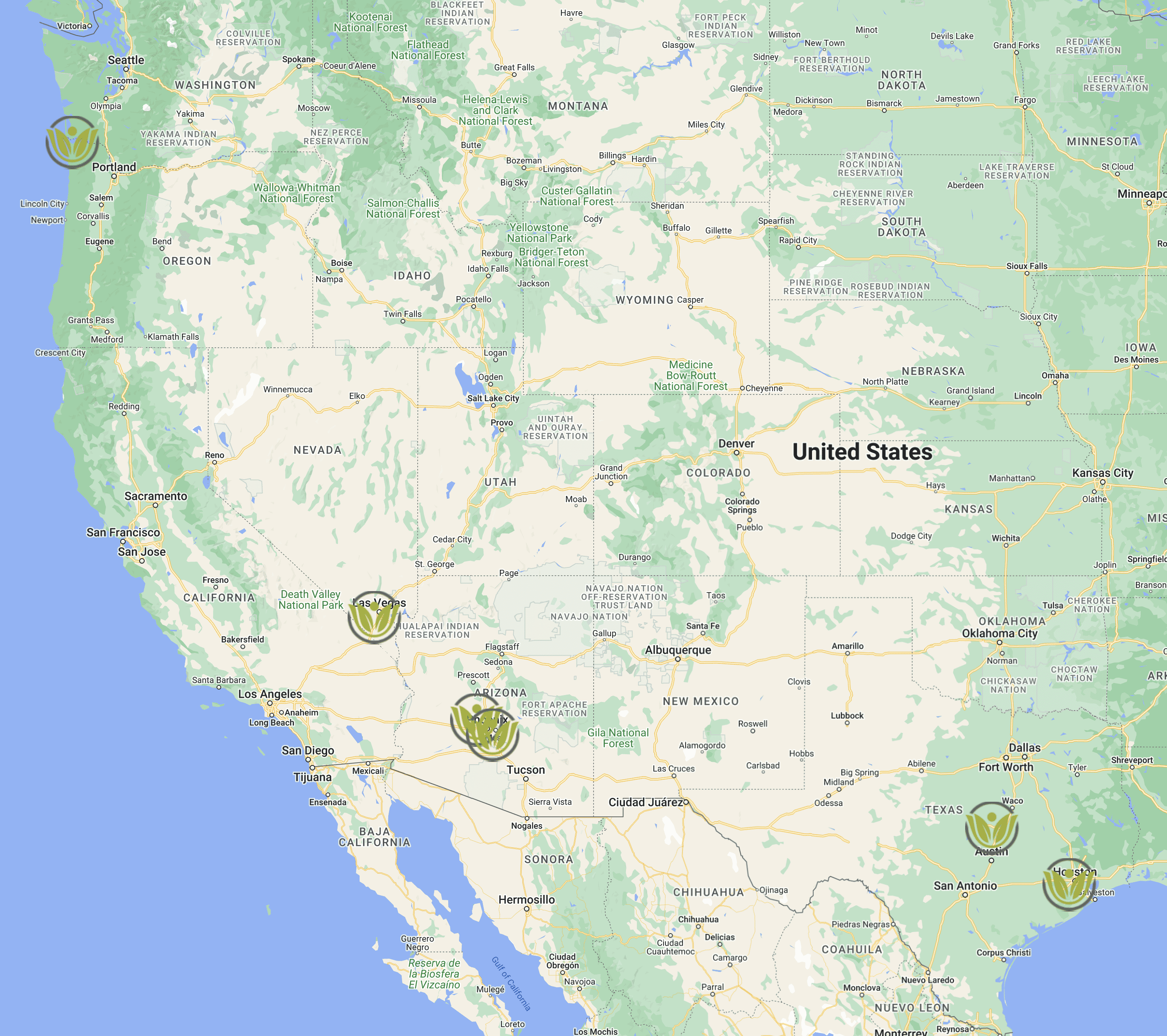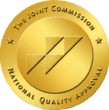Therapy sessions with a licensed therapist or psychologist can range from $100 to $200 per hour,1 depending on several factors, including the provider’s qualifications and experience. In addition, psychiatrists can prescribe medication and may charge more per session, typically ranging from $150 to $300 per hour.
Inpatient psychiatric treatment can range from $1,000 to $2,000 per day or more,2 depending on the location and level of care needed. Outpatient programs, such as intensive outpatient or partial hospitalization, can range from $100 to $500 per day or more.
Many mental health treatment providers offer payment plans, sliding scale fees based on income, or accept insurance, so it’s worth asking about these options if you’re concerned about the cost. Additionally, some insurance plans may cover some or all of the cost of mental health treatment, so it’s essential to check with your insurance provider to understand your coverage options.
Virtue Recovery Center can verify insurance coverage for you by contacting your provider directly. So, call us today at 866-461-3339 or complete our online, no-obligation insurance verification form.
An admissions specialist can quickly review your insurance coverage levels for mental health treatment while addressing any concerns or questions you may have regarding addiction treatment pricing. All information shared or discussed is kept entirely confidential.


























